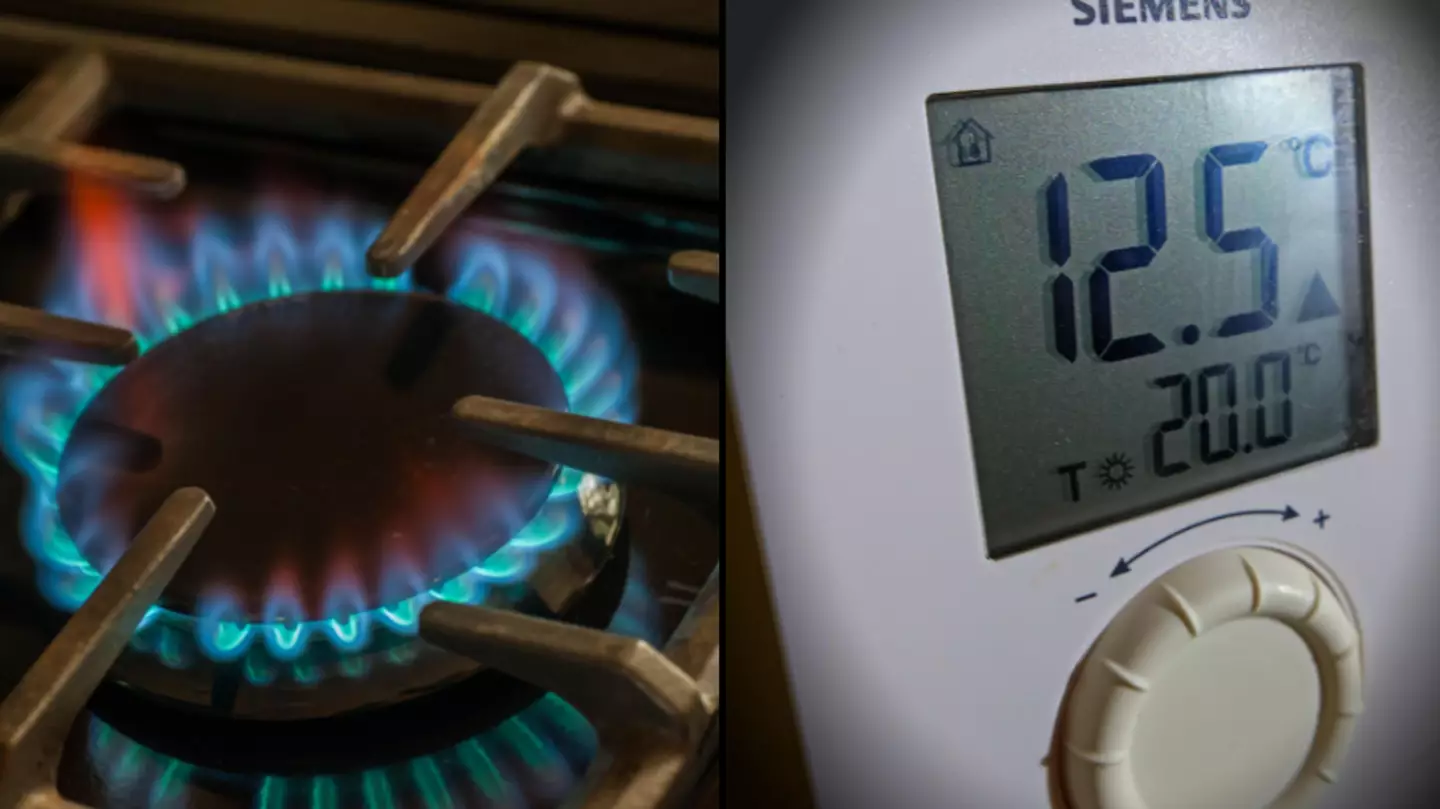
People across the UK have been warned not to take part in a growing civil disobedience campaign against the soaring costs of gas and electricity.
Tens of thousands of Brits have pledged to take part in Don't Pay, which involves cancelling direct debits and ignoring bills from energy companies from 1 October if the situation hasn't changed by then.
The protest was already gaining traction after the energy price cap jump in April, which went from £1277 to £1971.
Once again, the cap is predicted to rise this coming October, this time from £1,971 to £2,980.
Advert
.jpeg)
With seemingly no major action planned from the government or energy companies, UK households are taking matters into their own hands.
According to recent figures, 75,000 people have signed up to take part in Don't Pay, with the grassroots organisation writing on Twitter: "If the government & energy companies refuse to act then ordinary people will!"
Despite the uproar — with many people facing the choice of 'heat or eat' this winter — Jonathan Brearley, CEO of the UK's energy regulator Ofgem, has warned people not to stop paying their bills.
In an interview with BBC Radio 4’s Today, he said: "I know everyone is extremely worried about paying their energy bill.
"But absolutely I would not encourage anyone to join a campaign like this for two reasons.
"First of all, it will drive up costs for everyone across the board. And secondly, if you are facing difficulty in paying your bill, the best thing you can do is get in touch with your energy company."
He continued: "I would not encourage anyone to withhold their paying their bill because that just damages things further and it will impact them personally."
Shortly after his comments, Don't Pay tweeted: "Boss of Ofgem on £300,000 a year tells us to suck it up. Well we’re not this time.
"Sort out this mess otherwise we have no other option but to strike. Stand together and resist!"
While thousands of Brits have already cancelled their direct debits as part of the strike, officials previously suggested that the move could lead to negative consequences such as damaging your credit score or landing you in debt.
A spokesperson for the Department for Business, Enterprise and Industrial Strategy told The Telegraph: "Refusing to pay could put households into debt and affect personal credit ratings."
The spokesperson went on to say that a non-payment strike could even make energy costs go even higher.
"High wholesale gas prices have led to 29 energy suppliers exiting the market since last summer," they explained.
"Encouraging people to refuse to pay bills could lead to more failures – exacerbating costs for households in the longer term."